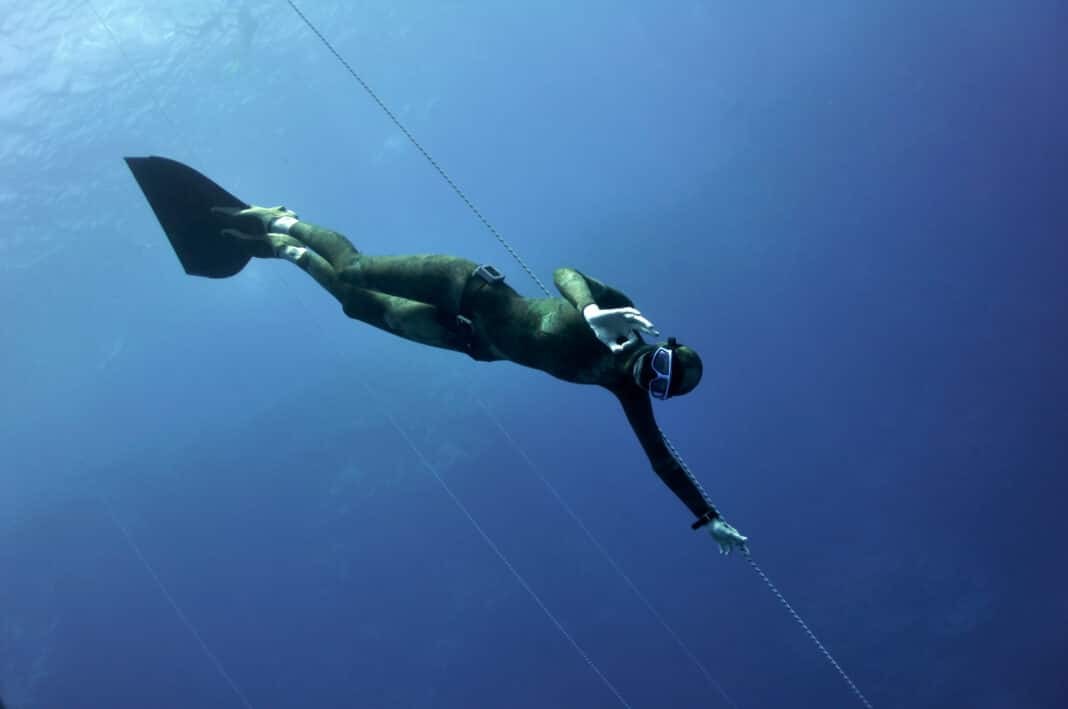Researchers have shown that freedivers made adaptations that allow their hearts and lungs to work more efficiently in low-oxygen environments, adaptations that could have the potential to lead to better treatments and solutions for patients with lung disease.
The work was led by Andy Lovering, a University of Oregon human physiologist, who led two studies comparing freedivers vs. non-divers in low-oxygen environments. He found that while non-divers’ arterioles constricted in response to the low oxygen, the freedivers exhibited little change, if any.
Graduate student Tyler Kelly, a member of the research team, stated:
“The normal response to low oxygen is for arterioles in lungs to constrict. But we found that these athlete divers had a minimal response, if any.”
While Lovering added:
“It’s a really unique adaptation.”
The team wants to conduct more research to see if this adaptation can be taught to ordinary people and whether breath-hold exercise can also create the same adaptations.
You can find the original research here.

